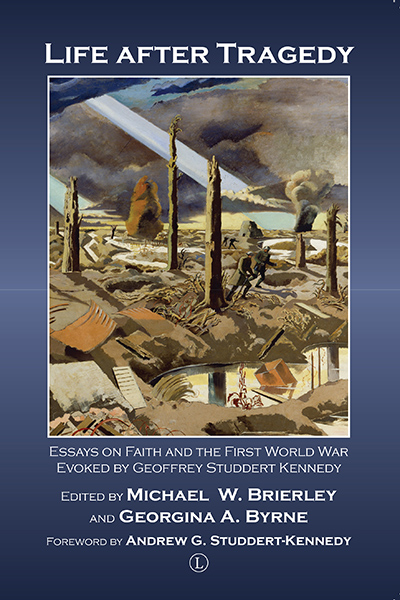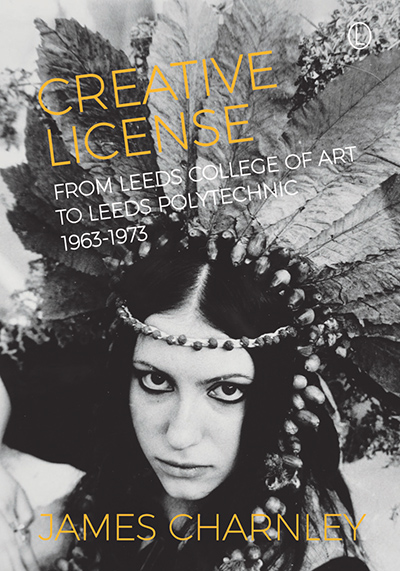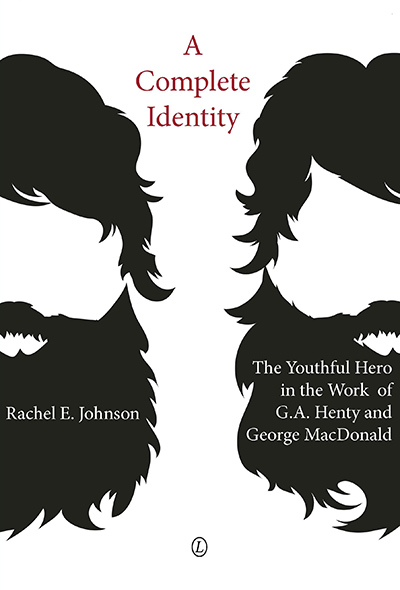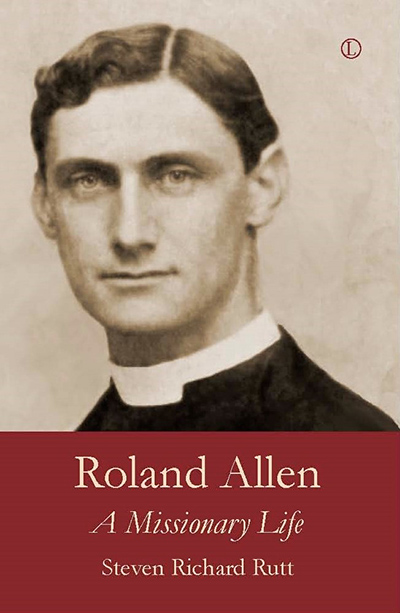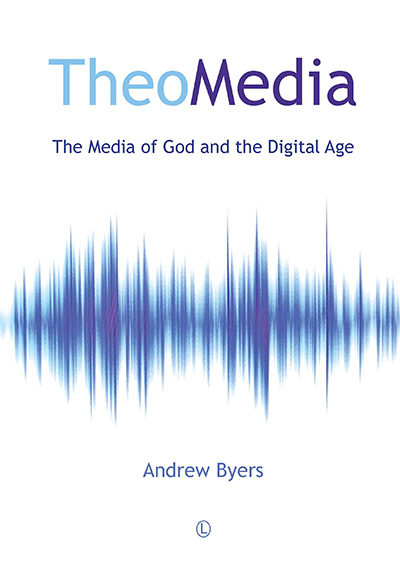Description
Much has been written on the centenary of the First World War. However, no book has yet explored the tragedy of the conflict from a theological perspective. Life after Tragedy fills that gap. Taking their cue from the famous British army chaplain Geoffrey Studdert Kennedy, seven central essays, all by authors associated with the cathedral where Studdert Kennedy first preached to troops, examine aspects of faith that featured in the war, such as the notion of ‘home’, poetry, theological doctrine, preaching, social reform, humanitarianism, and remembrance. Each essay applies its reflections to the life of faith today, thus representing a highly original contribution to the history of the First World War in general and the work of Studdert Kennedy in particular. They provide wider theological insight into how, in the contemporary world, ‘life’ and tragedy, likewise God and suffering, can be integrated. This book will accordingly be of considerable interest to historians, both of the war and of the church; to communities commemorating the war; and to all those who wrestle with current challenges to faith.
About the Author
Michael W. Brierley and Georgina A. Byrne are residentiary canons of Worcester Cathedral.
Contents
Illustrations
Contributors
Foreword by Andrew G. Studdert-Kennedy
Preface by Michael W. Brierley and Georgina A. Byrne
Abbreviations
Part I: Introduction
1. Reconsidering British Religion and the First World War
Michael F. Snape
2. Geoffrey Studdert Kennedy: A Brief Life
Michael W. Brierley
Part II: Essays from Worcester Cathedral
3. The First World War, Place, and “Home”
John G. Inge
4. Poets in Wartime: A Study of Geoffrey Studdert Kennedy and Geoffrey Dearmer
Peter G. Atkinson
5. “There Ain’t No Throne”: Geoffrey Studdert Kennedy and the Doctrine of God
Michael W. Brierley
6. Prophecy or Propaganda? Preaching in a Time of War
Georgina A. Byrne
7. “National Mission”? Geoffrey Studdert Kennedy, Edward Lee Hicks, R. H. Tawney, and the Social Witness of the Church of England
Mark R. Dorsett
8. “The Pity of War”: The First World War and Humanitarianism
David R. W. Bryer
9. “The Glorious Dead”? Images of Glory in First World War Memorials and the Life of Antony of Egypt
Alvyn L. Pettersen
Part III: Conclusion
10. English Theology in the First World War and Its Aftermath
Mark D. Chapman
11. On Integration, Balance, and Fullness
Michael W. Brierley and Georgina A. Byrne
12. Afterword
Ilse Junkermann, translated by Robert G. Jones
Bibliography
Scripture Index
General Index
Endorsements and Reviews
Padres were given a rough ride by British memoir writers of the First World War. However, Geoffrey Studdert Kennedy, ‘Woodbine Willie’ to the soldiers, demonstrates how wrong they were. His reflections on the war and its implications for his own Christian faith resonate to this day. The innumerable insights in this powerful book make plain how the conflict’s spiritual challenge still reverberates.
Sir Hew Strachan, author of the Oxford University Press history of the First World War
Life after Tragedy is a profound and moving account of the struggle of Christian theology with the ravages of the First World War. Essential reading for anyone trying to understand the earthquake that was the Great War.
Jay Winter, Yale University
A significant contribution to the flourishing revisionist scholarship on religion and war, the central essays in this volume offer a set of moving, often provocative reflections on the complex and transformative relations between faith and suffering that are as relevant now as they have ever been.
Sue Morgan, University of Chichester, UK

